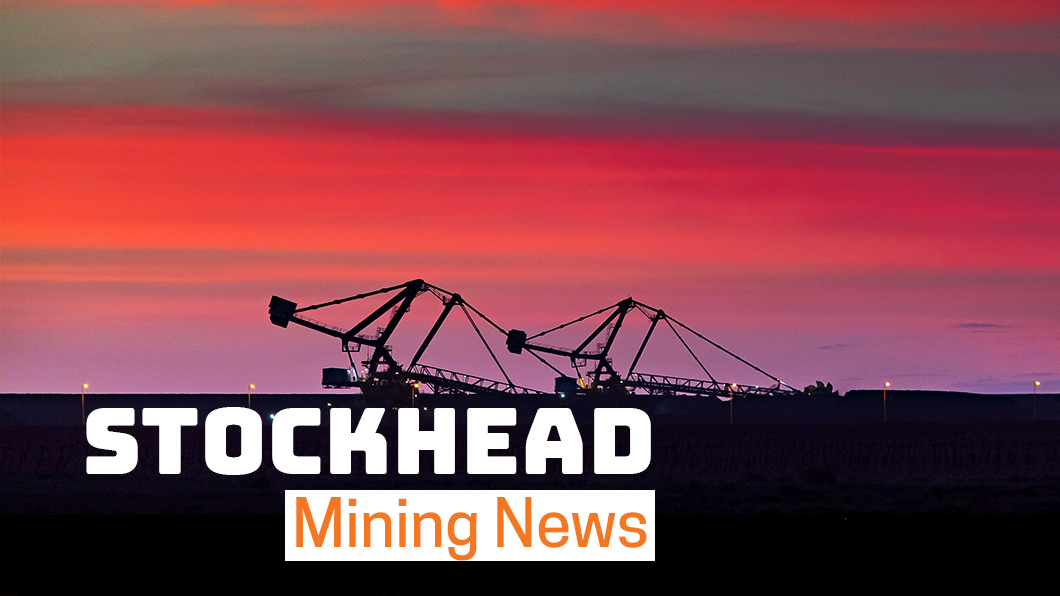Greenland Minerals (ASX:GGG) just got smashed on Greenland’s new anti-uranium laws

Pic: Bloomberg Creative / Bloomberg Creative Photos via Getty Images
Country risk is always a significant consideration that needs to be factored in when assessing projects, which is typically why the share price of companies operating in jurisdictions that are deemed to be more risky reflect these concerns.
So it should come as no surprise that shares in Greenland Minerals (ASX:GGG) have dived some 36% after it confirmed that the new legislation passed by the Greenland government could impact on development of its giant Kvanefjeld rare earths project.
The new legislation bans the mining of mineral resources with a uranium content of 100 parts per million or more, which places Kvanefjeld and its 0.036% (360ppm) uranium oxide content squarely in the crosshairs.
To be entirely fair, this result was practically set in stone after the country voted in the left-wing Inuit Ataqatigiit party that had campaigned against uranium extraction in April this year.
It is also a far cry from the pro-uranium Social Democrat government that won back in 2018, highlighting that country risk can be present even in the Western world.
Greenland Minerals is now seeking clarity from the government on how the new legislation will impact on Kvanefjeld, which hosts a pretty significant resource of 108 million tonnes grading 1.43% total rare earth oxide and 0.26% zinc along with uranium credits.
However, the company is willing to leave the uranium behind, noting that it can modify the development schedule to exclude the controversial energy metal.
No uranium, no problems?
Fellow Greenland rare earths play Eclipse Minerals (ASX:EPM) has also been caught in the fallout, with shares in the company dropping almost 12% this morning despite the fact that its Ivittuut project has no uranium.
Its executive chairman Carl Popal had told Stockhead back in August that the company would have no issues proceeding with the project as it didn’t have any uranium.
Meanwhile, shares in Ironbark Zinc (ASX:IBG) crept up by about 2.6% this morning.
Unlike the other two companies, Ironbark is pressing ahead with development of its Citronen zinc-lead project, which is also uranium-free.
Related Topics

UNLOCK INSIGHTS
Discover the untold stories of emerging ASX stocks.
Daily news and expert analysis, it's free to subscribe.
By proceeding, you confirm you understand that we handle personal information in accordance with our Privacy Policy.








